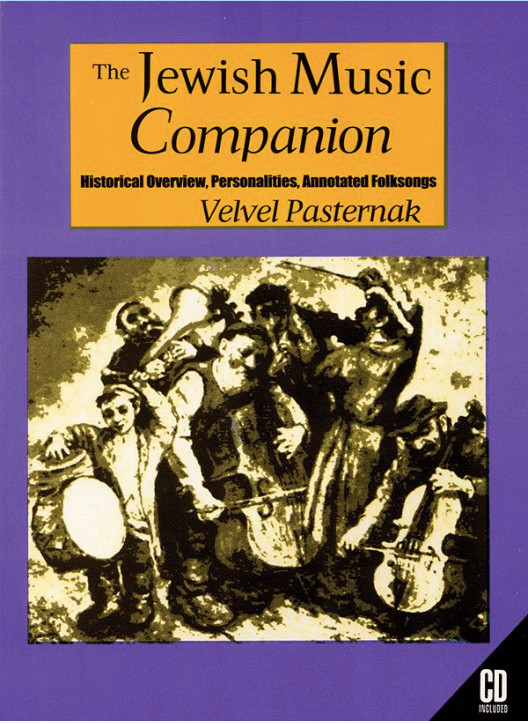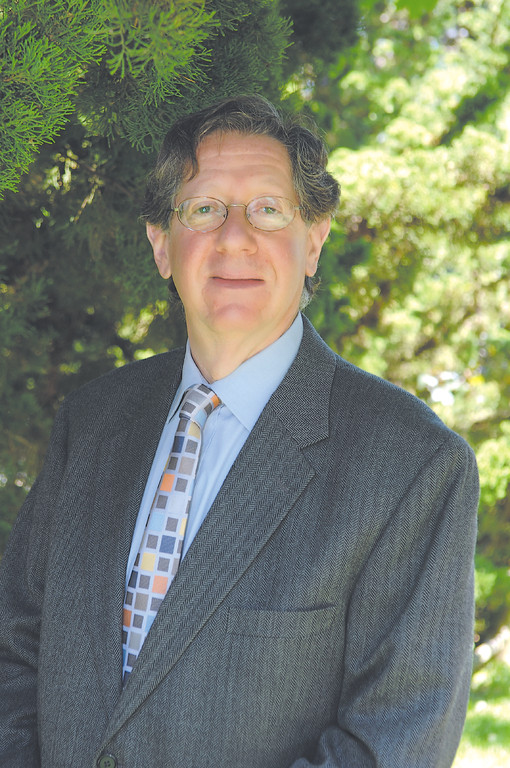Highly anticipated music of the High Holidays
With Labor Day now safely behind us, it is time to give serious thought to the upcoming High Holidays of Rosh Hashana and Yom Kippur. For this week, I will focus on the importance that music plays in the liturgy of this sacred season.
My main question at the outset is what is it about music that it has such an influence upon us, especially at this time of year? When you walk into a synagogue service on the high holidays, the musical theme immediately tips you off as to the identity of the holiday. Just listen to the music, join in the song, and presto you are a part of a legacy of song whose rich heritage goes back to time immemorial. And, it is music that does it all.
In September’s Reader’s Digest, in an article entitled, “The Beautiful Life of Your Brain” by Kimberly Hiss, we have the following observation concerning the role of music and its influence on your brain:
“Imagine you’re in line for coffee, and Pharrell Williams’ bouncy hit ‘Happy’ comes on the radio.
“The resulting cascade of mental activity it takes to process the music ‘touches on all the most advanced aspects of human cognition,’ says Robert Zatorre, Ph.D, professor of neuroscience at the Montreal Neurological Institute and Hospital at McGill University. First, the sound hits your ear, activating a series of structures from the cochlea [where vibrations are turned into electronic impulses] to the brain’s cortex.
“When you recognize the tune — its name or where you last heard it — your auditory cortex is connecting with regions that handle memory retrieval. Then, if you start tapping your foot, you’ve activated the motor cortex in a very particular way because you’re tapping to the exact beat of the song.”
Now, consider all of these and other factors that the author references in this essay as functions of the brain in its interactions with music. Consider reading the rest of this essay and surely, the next time you listen and experience a niggun (tune) in shul you might be better prepared to understand the dynamic that makes for how the relationship between prayer and song operate.

 51.0°,
Overcast
51.0°,
Overcast 







